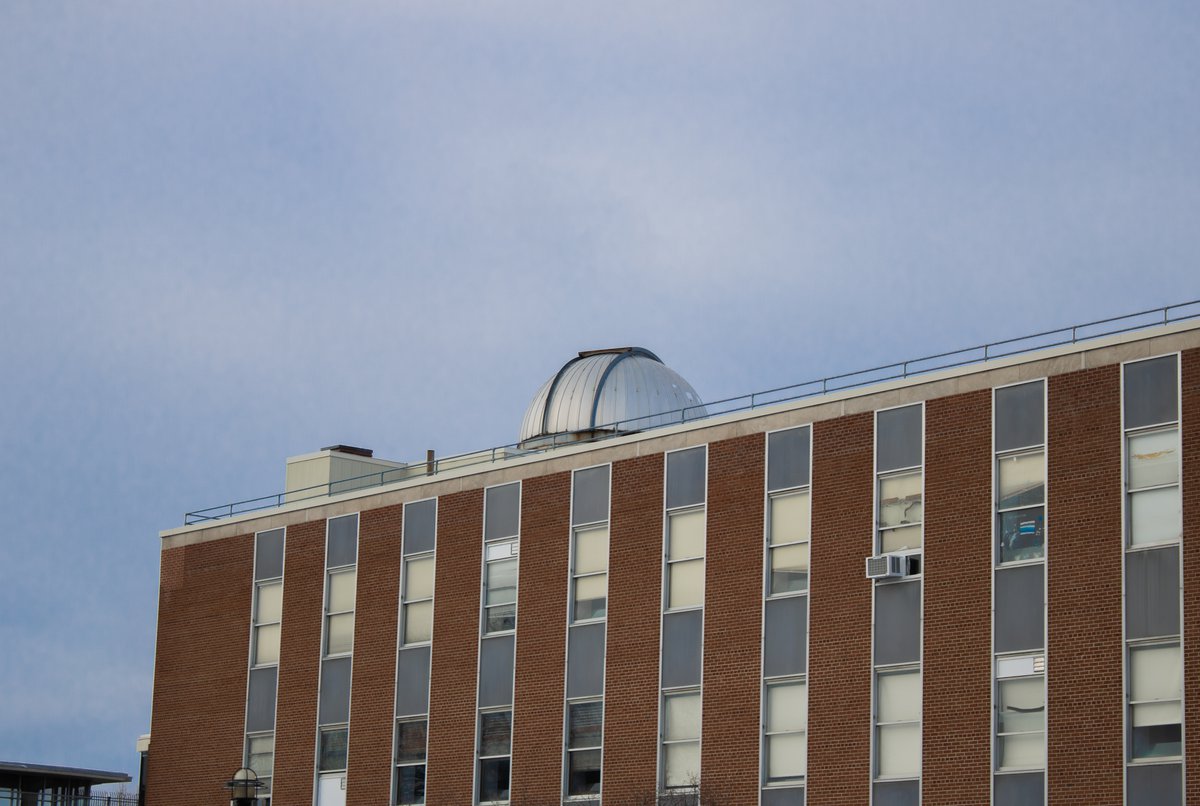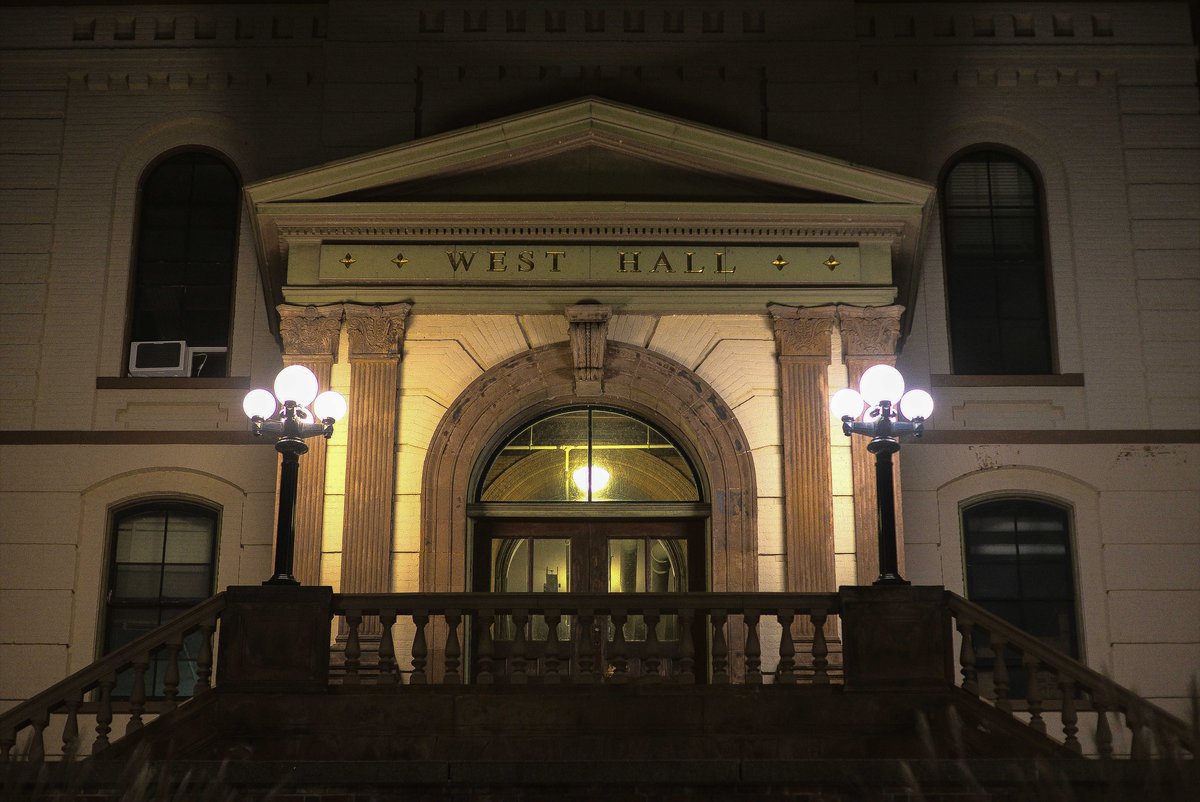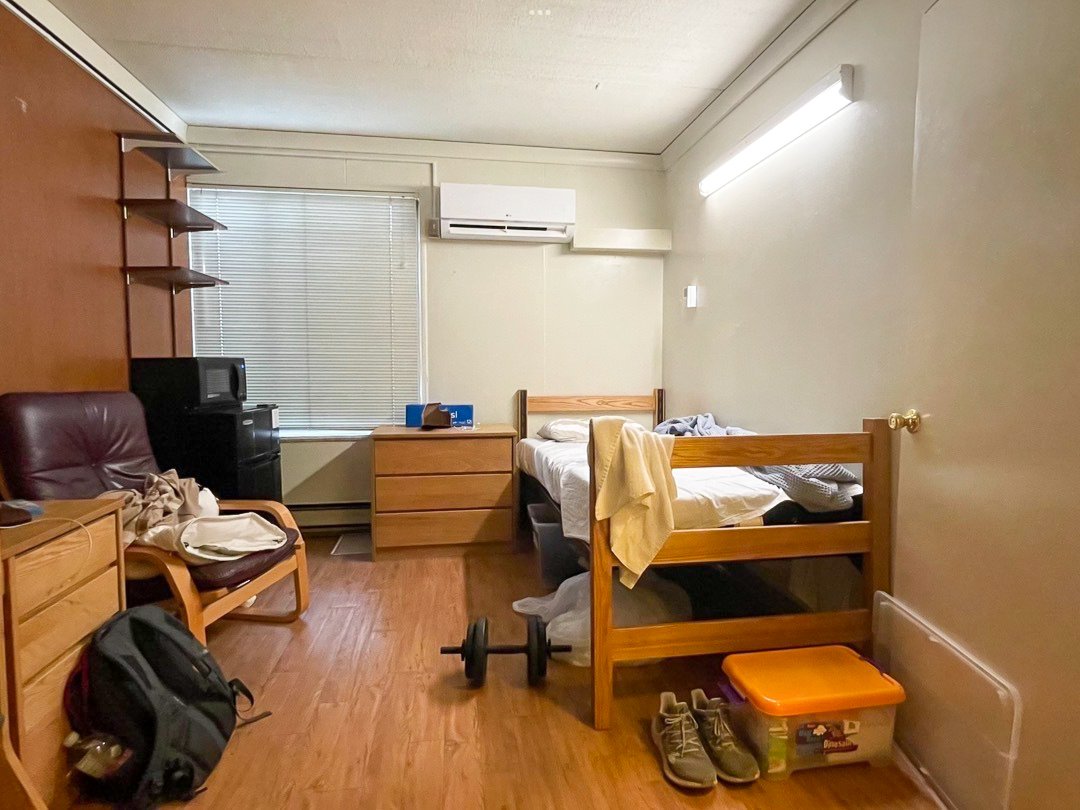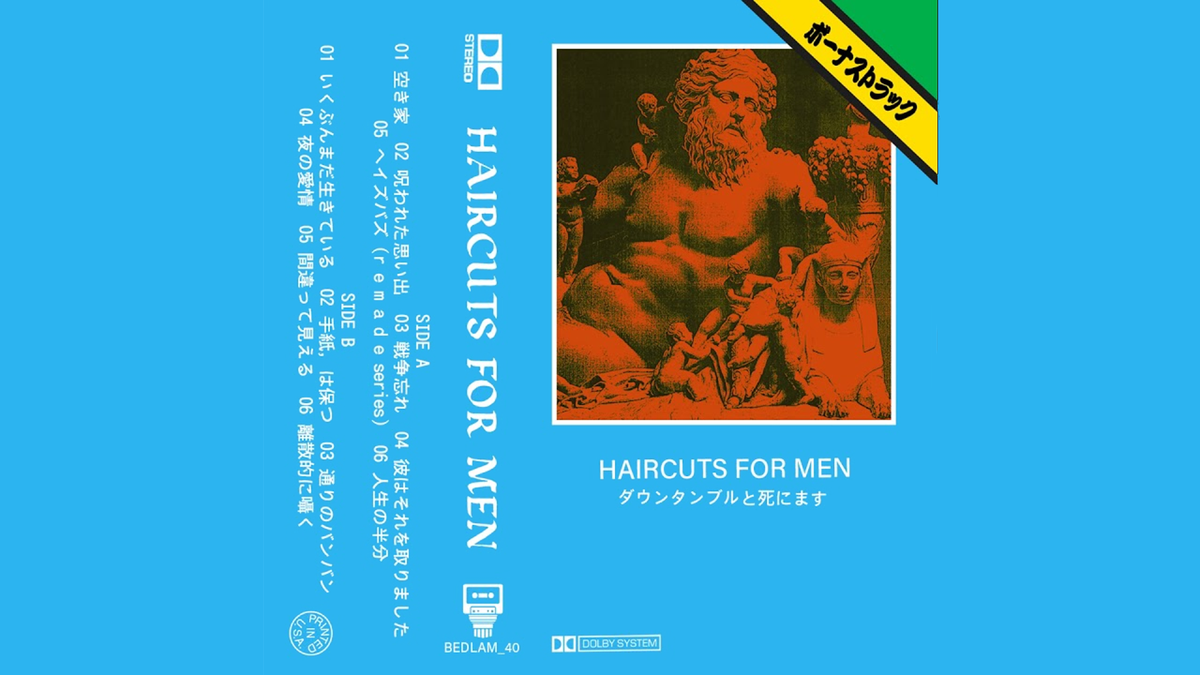Shooting for the stars with the Rensselaer Astrophysical Society

The Rensselaer Astrophysical Society is a club dedicated to aiding Rensselaer students and the greater community, through expressing their interests in astronomy in a non-academic setting. The club mostly centers around the Hirsch Observatory, an observatory located at the top of the Jonsson-Rowland Science Center. This club has had a long history at RPI, hosting prestigious astronomers and astrobiologists, including Harold Urey, Harlow Shapley, and George Gamow.
Recently, I emailed the club officers of RAS—Elijah Gruszecki '23, Aleksy Feldman '23, Aidan Kaminsky '22, Sarah Burrows '24, graduate student Thomas Donlon, and Lindsey Gilson '22—in hopes of learning more about what it means to be a member of their club. Hopefully you will find this helpful if you’re considering joining their organization:
What were some of your experiences in joining the RAS?
“Upon joining RAS, I have gained fundamental knowledge on how telescopes work and how to operate a large observatory telescope. Getting to share this knowledge and experience with my peers has been a fulfilling experience. I joined RAS freshman year, and it was a great way to meet people with similar interests, learn useful skills as a hobbyist in this field, and learn about astronomical events and relevant gatherings on campus.”
If you had one word to describe the community you found at the RAS, what would it be?
“Relaxed. The club and community are very welcoming to all levels of astronomical interest; it’s a very laid-back club where everyone is welcome and free to participate in what interests them.”
Is joining RAS a good way for first-years who may be interested in the field of astronomy to become involved in astronomical research?
“Joining RAS is a great way for freshmen to dip their toes into the astronomical field due to our resources and our ability to train students on the observatory telescope, giving them observational experience. Most members of RAS are students that aren’t interested in astronomy at the professional level, but for the ones that are, being a part of the Rensselaer Astrophysical Society can be a great way to be introduced to other students with research experience. Our club and community has helped in the education of several people who have published in astronomy; so while it is not necessarily a goal of the club to get people involved in research, joining can certainly help.”
After a member pays their dues in order to join the club, should they expect any additional costs for things like field trips, use of the observatory, etc?
“Our dues cover everything we need for the coming semester, they should not expect any additional costs. The dues are required for those who want after hours access to the observatory, but we do not expect people to pay more than the standard dues to participate in any of our activities.”
What can students expect in terms of projects and events?
“In terms of events, we have an observing every Saturday night, weather permitting, during the Fall and Spring seasons. These observations last roughly two hours, but people are free to come and go as they please during these hours. In the past, these observations have been public to the larger Troy community, but COVID-19 has restricted us to just the RPI community recently. We’ve also done other events, such as outreach at schools, and various stargazing and observing events, such as trips to the ‘star parties’ held at Landis Arboretum. These have also been disrupted due to COVID-19, but we hope to bring them back in the future."
I noticed on your website that there was a separate listing of dues for members who aren’t currently students at RPI. Would you say your club has a good amount of reach in the astrophysics community?
“This club has reach in the astrophysics community in the sense that it is largely for people who enjoy astronomy and stargazing as a hobby, so we welcome all levels of interest. We also have outreach to local communities and amateur astronomers during the fall and spring seasons when observations are regular. This allows others to make use of our equipment and make discoveries of their own. This is not an option now due to the pandemic, but we hope to offer this again soon.”
What are some notable opportunities students have been given resulting from their involvement in the club?
“RAS provides students with an outlet to develop their technical, leadership, and intrapersonal communication skills. These skills can be developed through participation in our events, where students can talk with other students and help guide and teach them about astronomy. Volunteering to help others in training with the telescopes can help develop these skills, which can be used in the workplace. We also provide an outlet for students to explore their interests and learn. Students can take this as far as they want, whether it be casual interest in just gazing at the stars, or something more academic. For example, some of our members have gone on to speak at other observatories, or have even published in astronomy. Our club gives students the avenue to explore their interests, helping make this possible. Aside from academic or workforce opportunities, RAS provides students the opportunity to be trained on our observatory telescope. Students who complete this training will be able to join our key list, which allows them to sign out a key to the observatory so that they may go up at any time.”
How has your involvement in the RAS changed your experience at RPI?
“Despite largely being online due to the pandemic, RAS has changed my experience at RPI by giving me a way to explore and get more involved with astronomy outside of an academic setting. It has also helped me make and develop friendships with others interested in astronomy, who I may not have spoken with otherwise.”
Where should students go in order to begin the process of joining? What are some good resources students can access if they still have questions about the club?
“We have a Discord server. Here we hold most of our meetings, make announcements, and post needed information.”

 RPI HISTORY
RPI HISTORY
 Lesser-Known Locales
Lesser-Known Locales
 COVID-19
COVID-19
 Album Review
Album Review